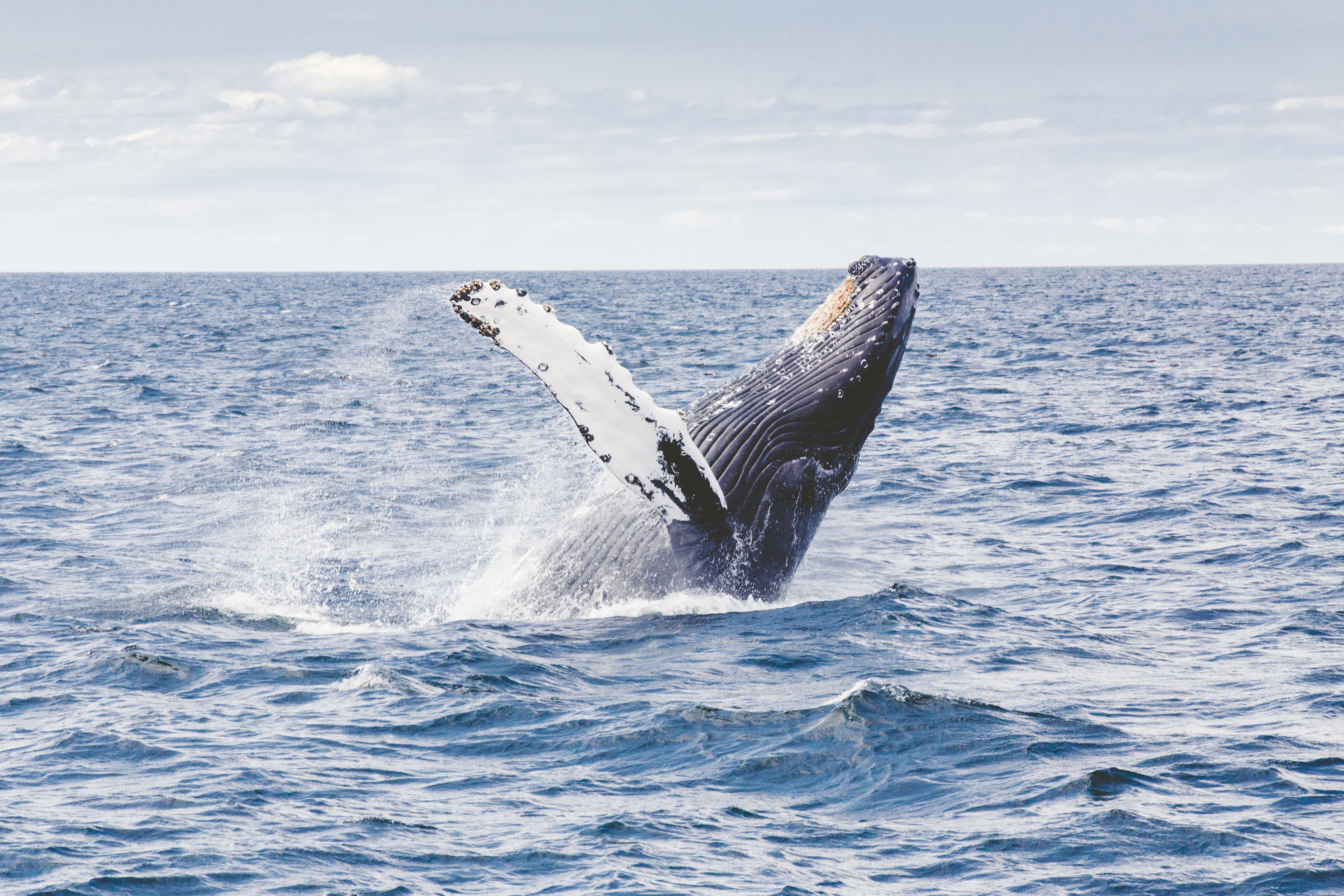Why we must keep an open mind when debating animal welfare
Last month, Thomas Cook, one of the UK’s leading travel companies, announced it would cease selling tickets to attractions that keep killer whales in captivity on the grounds of animal welfare concerns. This includes SeaWorld, a chain of US marine mammal parks that attracts around 11 million visitors a year, though this has steadily declined in the wake of the release of Blackfish in 2013. This award-winning docu-film follows the story of Tilikum, an orca held captive by SeaWorld, and how problems inherent in keeping killer whales in captivity led to the orca killing three people. Despite SeaWorld claiming the film was ‘inaccurate and misleading and, regrettably, exploits a tragedy’, it resulted in the introduction of legislation preventing orcas being kept in captivity for entertainment in numerous states, as well as a significant drop in SeaWorld share prices.
Thomas Cook’s actions are clearly a positive step towards acknowledging captive animal welfare as a serious issue but it is worth noting that in recent years, SeaWorld has made efforts to improve the wellbeing of its orcas, including ending its theatrical killer whale shows and its captive breeding programme. As the company stopped capturing orcas from the wild a number of years ago, the Humane Society of the United States estimates that there will be no killer whales left in the care of SeaWorld by 2050. This issue remains, however, that the 21 remaining orcas are kept in tanks equivalent to the size of a bathtub, are fed on diets that don’t meet their needs, are deprived of necessary social interaction and are likely to face premature death. As most of the orcas are unsuitable candidates for release into the wild, the best suggestion animal rights campaigners have is to release the animals into a closely monitored enclosed environment in the ocean.
It is worth noting that in recent years, SeaWorld has made efforts to improve the wellbeing of its orcas
Given the unquestionably low quality of life of the orcas, it seems that these animals should never have been introduced to captivity in the first place. This raises questions about other animals still being captured, destined for lives in zoos, aquariums and other facilities, and whether it is right to keep any animal in captivity. While it certainly does not seem justifiable to keep captive animals purely for human entertainment, most such establishments are now involved in conservation efforts. In the UK, for example, law states that for a zoo to be licensed, it must undertake activity such as conservation research or reintroduction of species to the wild and educate the public about the importance of biodiversity. Beyond their role in conservation, zoos encourage people to feel a connection with wild animals. Although photographs and video footage of animals in their natural habitat is effective, it is not nearly as powerful as seeing an animal in the flesh. Apathy is one of the main barriers facing conservation and zoos and similar establishments have a vital role to play in defeating it.
Even if keeping animals in captivity today is not inherently bad, this does not mean to say that it is always good and many establishments are far from this. A zoo in Cumbria, for example, was recently shut down after 500 animals in its care died within a period of just four years, including a squirrel monkey whose body was found rotting behind a radiator by officials. Such occurrences are sadly not that uncommon. Further, some animals prove more difficult to keep in captivity than others.
Beyond their role in conservation, zoos encourage people to feel a connection with wild animals
What can we do to tackle the issue? Exercise caution when visiting such establishments and make the effort to do research to allow you to make an informed decision about whether they are worthy of your custom. Find out what conservation efforts they’re undertaking, assess whether you think it’s enough and check their reviews online. People are likely to write about it on sites such as TripAdvisor if the animals seem unhappy or improperly kept, and you should too if you visit and this is what you find. More importantly though, report it to the relevant local authority for it to be investigated by experienced experts. No zoo, marine park or aquarium is perfect but through boycotting substandard establishments, it is possible to force them out of business or to make substantial improvements. We are past the days of elephants performing in circuses, but there’s still a long way to go.

Comments